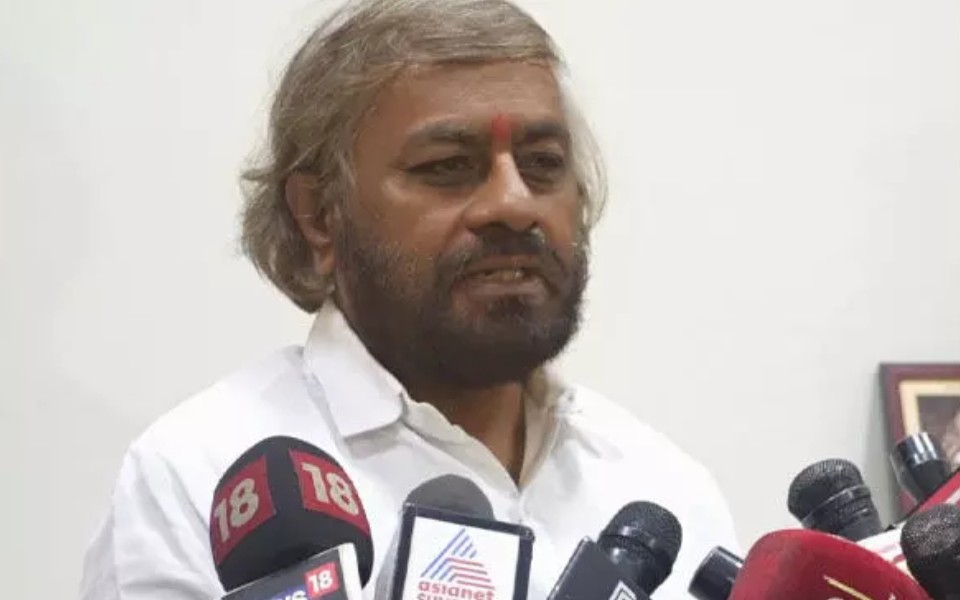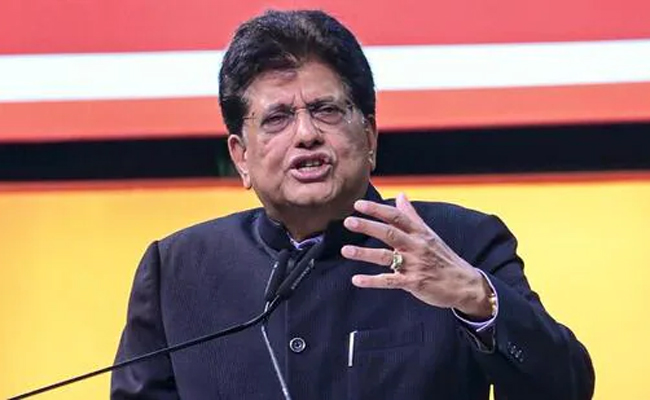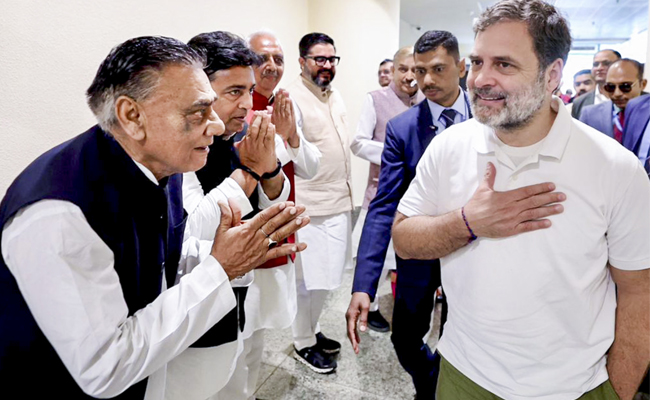Bengaluru: Karnataka Minister for Forest, Ecology and Environment Eshwar Khandre directed forest officials on Thursday to study the effectiveness of the methods followed by Tamil Nadu in controlling man-animal conflicts.
Noting that Karnataka's elephant population alone stood at 5,395, not to mention bison and wild boars, the minister urged the officials to come up with an alternative plan to prevent damage to life and crops.
Kodagu, Hassan, Sakleshpura, Shivamogga, Chikkamagaluru, Bengaluru Rural and Ramanagara are the worst affected districts in Karnataka due to man-animal conflicts.
According to him, at present Karnataka is spending Rs 1.5 crore per kilometre for barricading the villages adjoining forested areas with used railway fences.
Karnataka has so far barricaded 312 km using these old fences.
"But Tamil Nadu is using steel ropes that only cost Rs 45 lakh per kilometre. We should see if the steel ropes can withstand the elephants and other wild animals' trespassing," the minister told the officials.
He instructed them to submit the report within 10 days.
The minister also asked officials to submit a comparative report on the loss of life and crop damage before and after the installation of the old railway fences.
A note in this regard has been sent to all Additional Chief Secretaries as well, said a press release from the office of Minister Khandre.
Let the Truth be known. If you read VB and like VB, please be a VB Supporter and Help us deliver the Truth to one and all.
Bengaluru (PTI): The Karnataka State Cyber Command has arrested 68 people as part of a statewide drive against mule bank accounts and “mule herders” involved in cyber fraud, officials said on Friday.
The special operations, which have been continuing since last week across Karnataka, targeted networks engaged in aggregating and selling mule bank accounts used for cyber crimes.
The arrests were made between December 2025 and February 2026, police said in an updated report.
“The Karnataka Cyber Command has conducted statewide special operations against Mule accounts and mule herders across Karnataka. The special drive has continued since last week and this is an updated report,” the department said in a statement.
ALSO READ: CM Siddaramaiah appeals for peace after Bagalkote clashes, BJP blames Cong
Police said the investigation identified a network of “mule herders” — individuals who aggregate and misuse mule bank accounts — who were retailing and selling such accounts to cyber criminals.
A total of 68 key accused and suspects have been arrested during the period.
According to the statement, mule herders had collected personal information and documents from unsuspecting laypersons and opened multiple bank accounts in the names of their relatives.
“These accounts were operated in a business-like manner,” it added.
As part of the crackdown, police registered 60 cases and identified 869 mule accounts across the state. As many as 8,788 complaints were registered on the National Cyber Crime Reporting Portal (NCRP) against the identified mule accounts.
The total money involved in all NCRP-linked crimes stood at Rs 85.05 crore, of which Rs 13.43 crore has been put on hold, the Cyber Command said.
During the drive, police obtained 32 search warrants and conducted 35 searches. In the searches, 35 ATM cards, 37 passbooks, 80 mobile phones, 28 cheque books and 22 SIM cards were seized, along with other incriminating materials, officials said. Pronab Mohanty, the Director General of Police (Karnataka State Cyber Command) supervised the special drive, police added.





